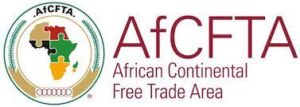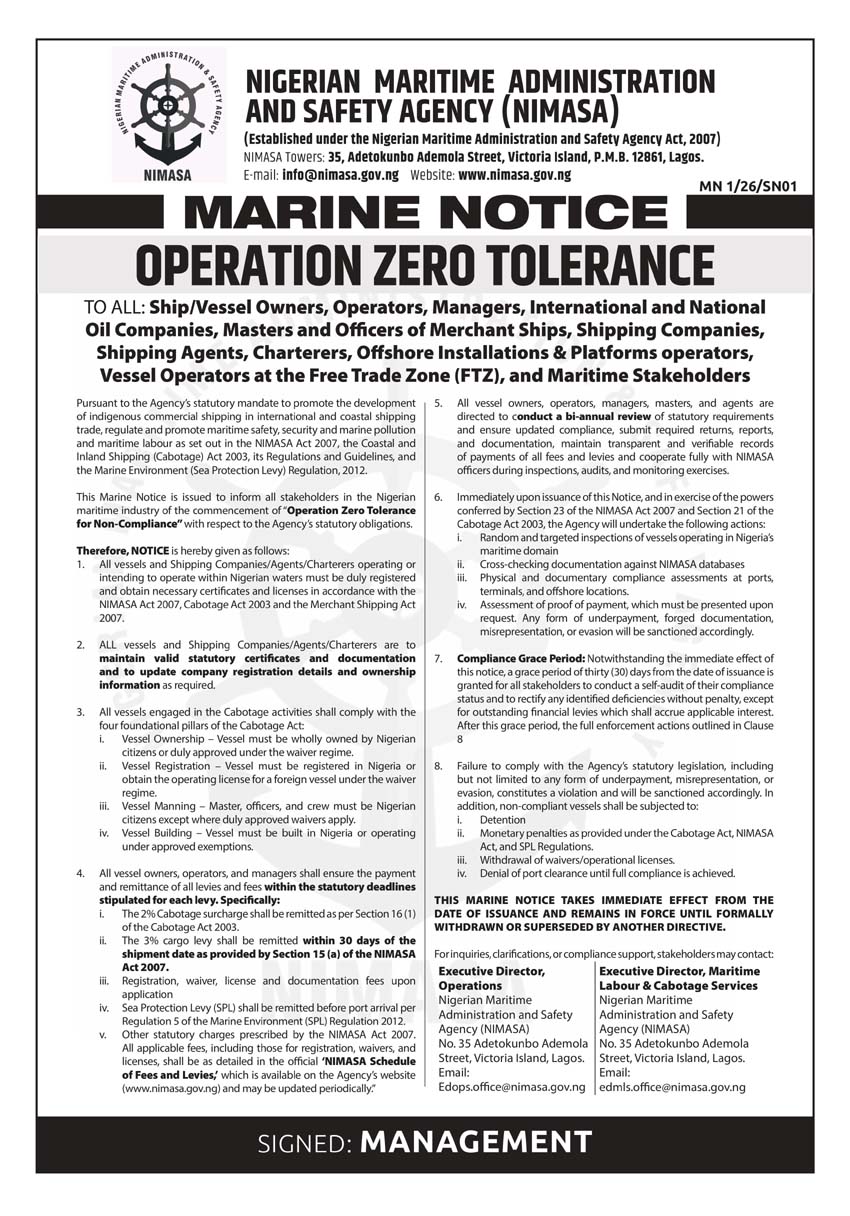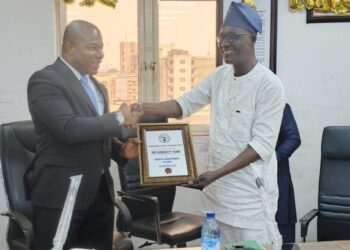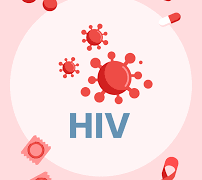By Joshua Yousouph
Even as the year winds down, there are clear indications that Nigeria would not be able to explore the benefits of trading under the African Continental Free Trade Agreement (AfCFTA) in 2022, Shipping Position Daily can authoritatively report.

According to the African Union (AU), the African Continental Free Trade Area which took-off on January 1, 2021 will create the world’s largest free trade area. It is expected to cover all 55 countries with over 1.2 billion people and a gross domestic product (GDP) in excess of USD 2.5 trillion. The scope of the Agreement covers trade in goods, services, investment, intellectual property rights and competition policy.
On July 25th, 2022, AfCFTA Secretariat in Accra, Ghana unveiled its Guided Trade Initiative, which is part of its efforts to initiate commercially meaningful trade under the AfCFTA. As part of the initiative, it selected seven countries to provisionally start trading goods under the AfCFTA on a pilot basis. The countries include Rwanda, Cameroon, Egypt, Ghana, Kenya, Mauritius, and Tanzania with Nigeria missing in the list.
Findings by Shipping Position Daily showed that the AfCFTA chose these countries because their tariff offers on goods have been fully approved and officially published.
Some African countries such as, Kenya exported its Kenyan-made exide batteries to the Port of Tema in Ghana on 23th September, 2022 while Rwanda exported its first consignment of goods (Coffee) under AfCFTA agreement to Ghana on 30th September, 2022, marking the formal start of preferential trading under the AfCFTA agreement.
However, Nigeria which is being touted by experts as the likely greatest beneficiary of the AfCFTA is still foot-dragging in meeting the requirements needed to participate.
The Co-Champion for Transportation Sector at the National Action Committee on AfCTA, Ms. Funmi Folorunsho informed that Nigeria’s implementation strategy has just been validated, awaiting the approval and endorsement of the Federal Executive Council (FEC).
Ms. Folorunsho stressed that before now, Nigeria had been trading with other African countries in goods and services. She added that as soon as the FEC endorses that strategic plan, it will become a binding legal document for implementation.
In her words: “We are not foot-dragging. As at last week, Nigeria’s implementation strategy was validated. Everything that has been done has to be validated by everybody in the same room sort of. Different states have been visited and all stakeholders have been consulted and a document was put together. All the ‘Ts’ were crossed and all the ‘Is’ were dotted. The next step is to get the Federal Executive Council approval and endorsement on that validated strategy. As soon as the Federal Executive Council endorses that strategic plan, it becomes a binding legal document for implementation”.
“Do not forget that even before AfCFTA, Nigeria had been trading with African countries in goods and services and it is still continuing and growing. It is just that we need that natural strategy to make it legal. So, we’re not foot dragging. AfCFTA is here to stay and as Nigeria being the largest economy, we need to be careful. We have signed on and we want to ensure that we get it right for the purpose of Nigeria reaping the benefits of the AfCFTA” Folorunso noted.
Read Also: Lekki Port To Construct Trucks Park To Enhance Cargo Movement
On his part, the Director-General of the Manufacturers Association of Nigeria (MAN); Mr Segun Ajayi Kadiri said there are some protocols in the AfCFTA which are yet to be finalized, stressing that until they are finalized actual trading cannot commence.
Kadiri noted that Nigeria is not the only country caught in this web, but also includes countries across the continent. He informed that the AfCFTA Secretariat in Ghana is actively consulting and collaborating with agencies and other economic ministries as well as the private sector to achieve a beneficial engagement for Nigerian businesses; both in trade in goods and services.
“We are all aware that the actual trading has not yet really commenced. The secretariat of the AfCFTA in Accra is still putting in all the measures that they needed to do. There are some protocols that need to be finalized, for instance the protocol on the Rule of Origin, dispute resolutions and others. You need all these to be finalized before actual trading can commence. I think every nation is internally perfecting their processes such as the Customs laws that will facilitate market penetration into other economies, how they will organize their business sector of the continental market. That is still the stage we are at. It is not only in Nigeria, but across the continent.
“The AfCFTA Secretariat on Ghana is also actively consulting and collaborating with agencies like we have in Nigeria, the Action Committee on the AfCFTA, National Office of Trade Negotiation, Ministry of Industry Trade and Investment and other economic ministries are meeting on inter-ministerial platforms to work with the private sector to achieve a beneficial engagement for Nigerian businesses both in trade in goods and services” Akadiri concluded.
shippingposition
Kindly like us on Facebook/twitter
















